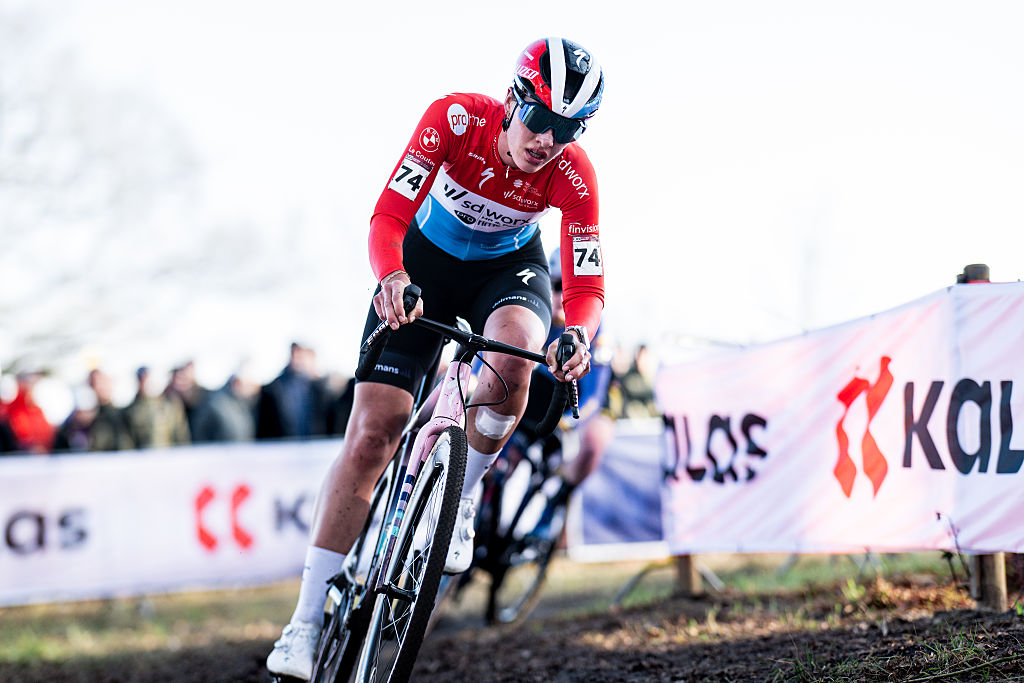Vuelta a España: organisers distance themselves from decision to neutralise TTT
Guillén seemingly unhappy with decision, taken by the UCI with just a day's notice
The latest race content, interviews, features, reviews and expert buying guides, direct to your inbox!
You are now subscribed
Your newsletter sign-up was successful
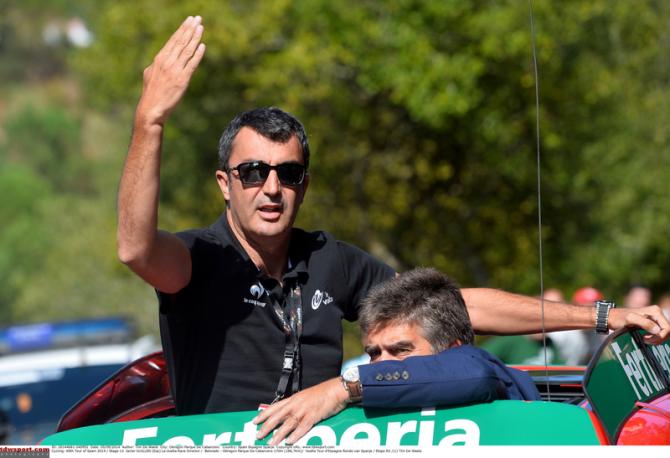
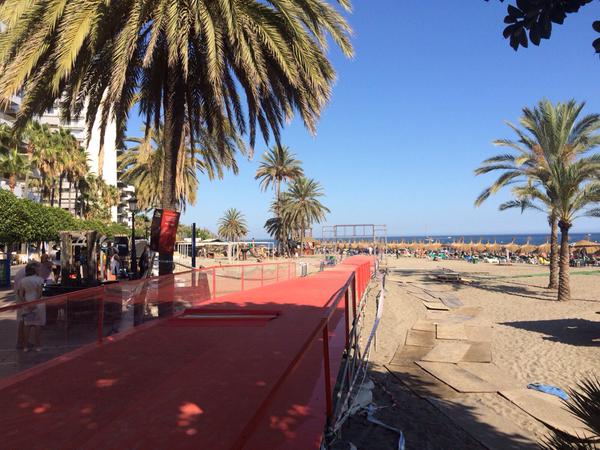
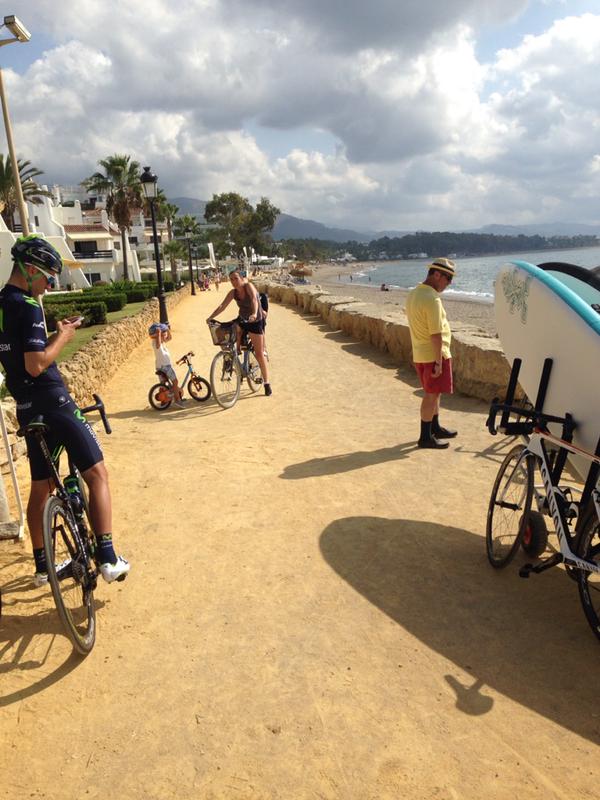
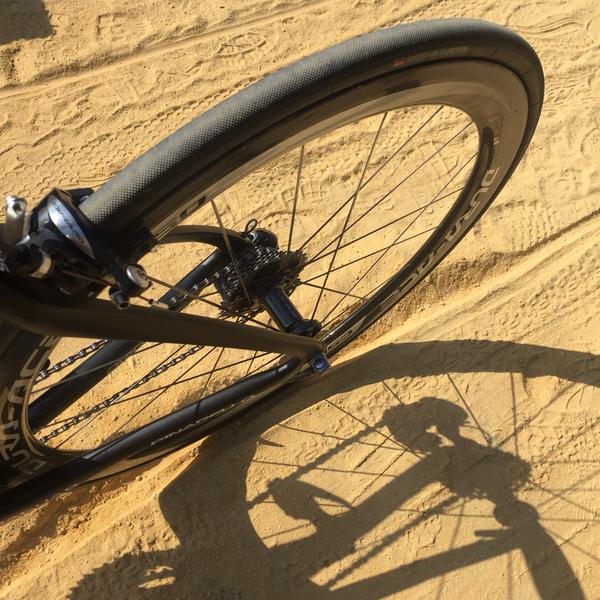
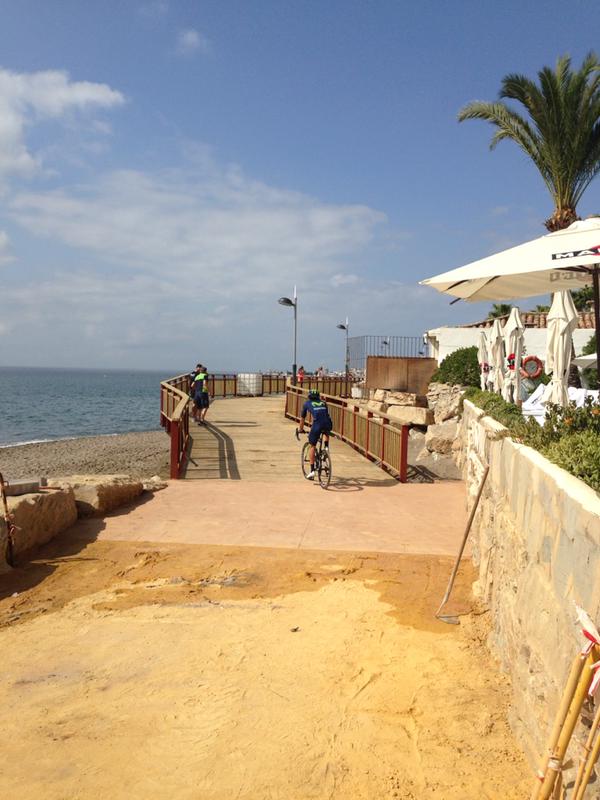
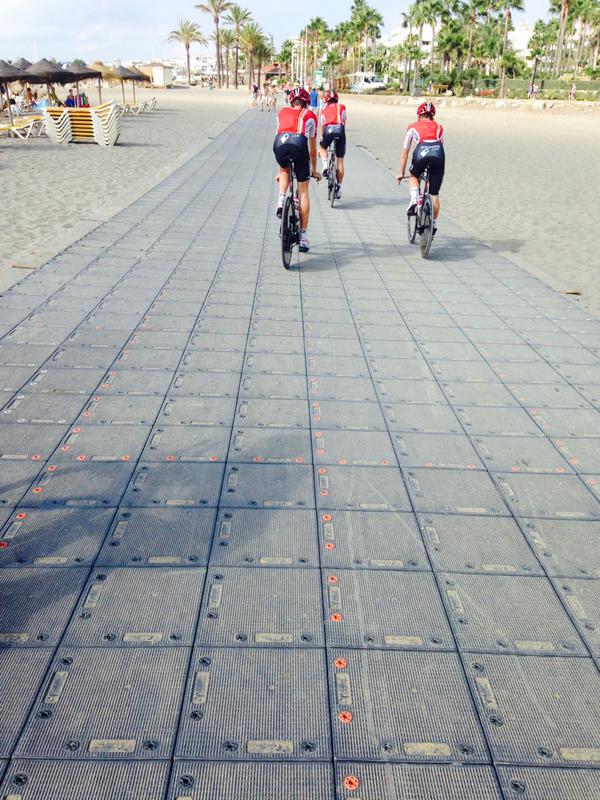
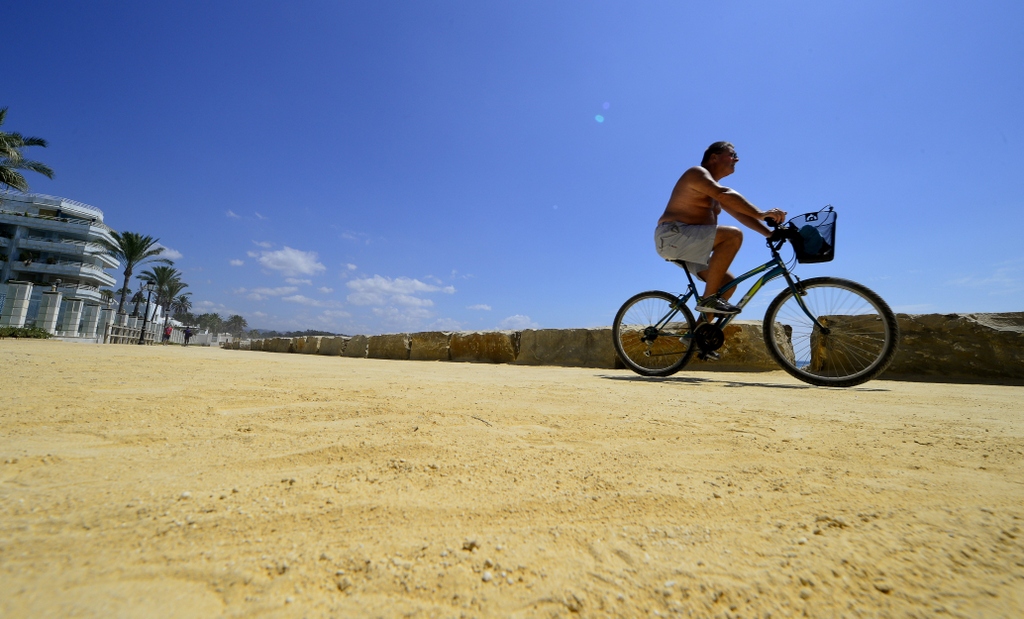
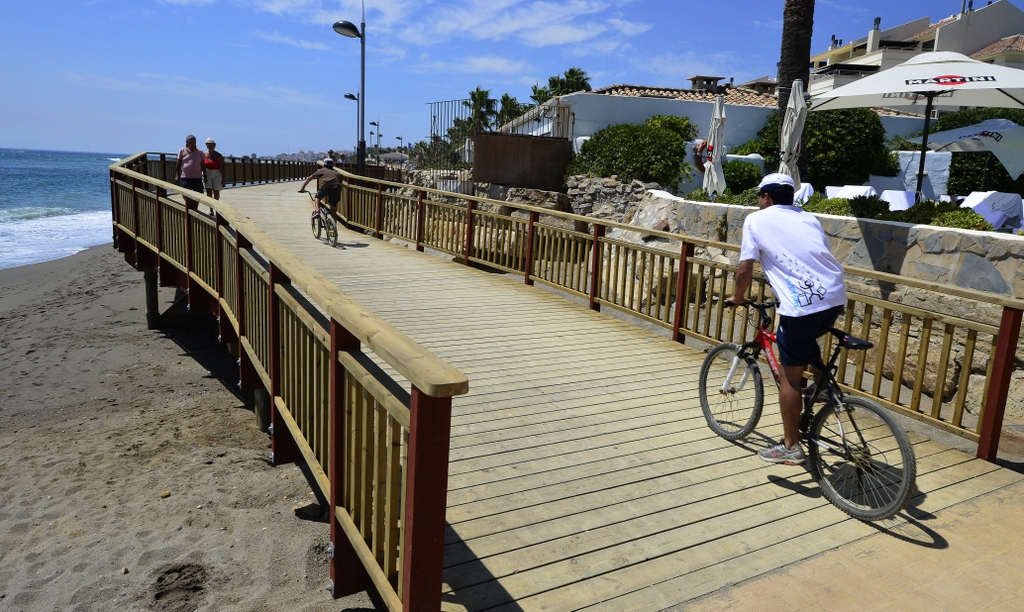
Vuelta a España organisers Unipublic have expressed painfully guarded neutrality in the face of the UCI’s decision on Friday that the race's opening 7.4 kilometre team time trial will only count for the teams classification. However, all the signs were that Unipublic’s boss, Javier Guillén, was quietly but firmly in disagreement at the decision, which effectively means that the 2015 Vuelta GC battle will be one stage short of a Grand Tour load, and will only start on Sunday.
The decision to delay the individual classification battle for 24 hours because of fears over rider safety on the TTT route first began being discussed, at length, as an emergency measure on Thursday and was made official on Friday. Other last-minute options, like altering the route, had already been ruled out because of traffic issues.
Choosing his words carefully, Guillén emphasised to a small group of reporters that, as he saw it, the UCI, rather than the Vuelta, were responsible for the 2015 race having such an odd start.
“It’s their decision after a great deal of reflection and meetings with all of the various parties involved, including the UCI themselves. The confirmation of that decision was only made this morning," he said.
Asked directly what he would have preferred, Guillén stated: “I expressed the Vuelta’s position, which is that the individual times should count. But after all the arguments were carried out, the UCI had to make a decision, and now that decision has been taken, we are hoping for a great team time trial.
"Over the last few days, the riders, teams and the UCI themselves had expressed some concern, and we responded to that with a formal meeting. The different points of view were made, and the decision was taken."
Guillén insisted that the teams would "fight for victory as hard as possible" and that a change of route was not a possibility.
The latest race content, interviews, features, reviews and expert buying guides, direct to your inbox!
“We placed our rules and regulations on the negotiating table, but the Vuelta doesn’t make these kinds of decisions. I defended the Vuelta’s position, which wasn’t the same as the other parties and” - he repeated yet again - “the UCI have taken this decision.”
The individual ‘winner’ of the team time trial, as in the first rider of the fastest team to complete the course and cross the finish line, will be awarded the position of race ‘leader’. He will wear the leader’s red jersey, la roja, for the start of the second stage, which runs on Sunday from Alhaurin de la Torre to the race’s first summit finish at Caminito del Rey. The first ‘real’ GC leader, therefore, will only be decided when the first rider reaches that finish.
“All the complaints have come through in the last three days,” Guillén insisted, “but that’s not the point. The point is we have to do the team time trial. It’s a team competition. What I am interested in now is that the time trial will go ahead.”
As for the criticisms the route has received from the riders, he stated: “I don’t share those opinions, because if so we would have suggested a different route. But when it was pointed out [by the riders] that certain elements of the route might give ground to an argument that the race may not be able to be carried out normally, then we talk about it, a decision is taken, and there’s nothing more that can be done.”
The UCI's late decision
The head of the UCI commissaires on the race, Bruno Valcic, told a small group of reporters that “there was a long discussion yesterday [Thursday] after visiting the course with some team representatives, the race directors. Then we started looking for a solution that would satisfy everybody.
“The riders expressed concerns about safety, to the point where there might have not been a time trial at all and the organisers wanted it to go ahead as normal.
“So after a meeting with all parties, we reached a decision that satisfies everybody. Including us. And the teams have promised that it will be a real race tomorrow.”
Valcic said he personally believed the course was dangerous. When asked why the UCI had not prohibited the course beforehand, in time for a different route, Valcic’s reply was that they were unable to see the route in full detail until some three weeks ago and that a UCI representative saw the route on the ground for the first time a week ago.
However, other reports state that six weeks ago, a UCI commissaire came with a representative of the Spanish riders’ association to reconnoitre the course and gave it the green light. Yet other journalists believe that the detailed route has been available for checking out since January - when the entire Vuelta route was published.
Asked if this was a normal situation for such a late check up of a course to take place, Valcic said he could not comment given he was not part of the relevant UCI’s department, the Technical Commission, which was responsible for these questions.
One thing is clear: despite constituting less than a quarter of a percent of the entire 3,360.1 kilometre route, the Vuelta’s opening night time team time trial has already created more controversy than the rest of the event put together.

